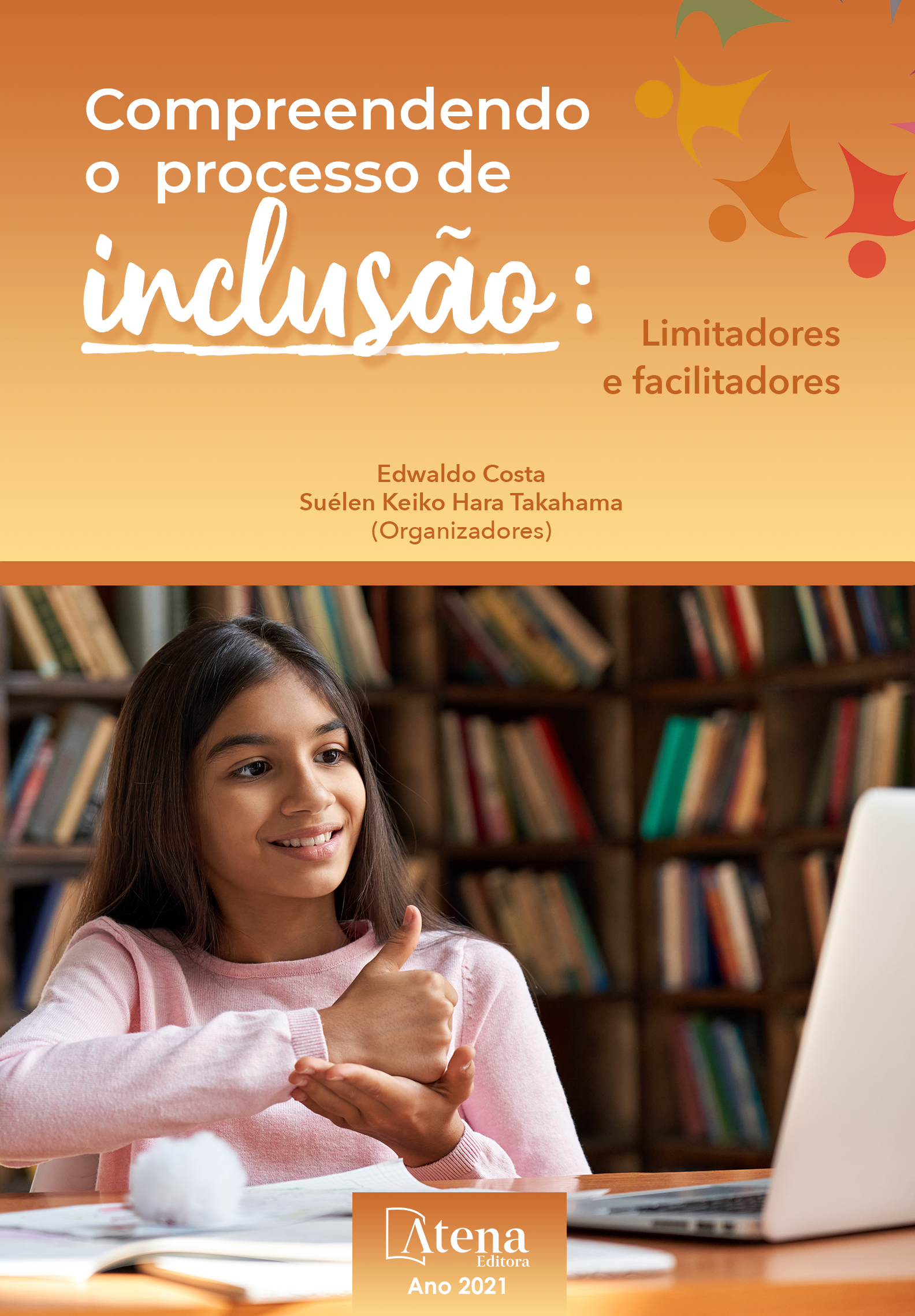
EDUCAÇÃO INCLUSIVA DURANTE A PANDEMIA DA COVID-19
Considerando os desafios impostos pela Pandemia da Covid-19, é importante considerar concretamente as diversidades existentes em nosso país para que as estratégias traçadas com vistas à manutenção das garantias de direitos fundamentais não deixem de fora parcelas da população. Afinal, a educação é direito para todas e todos, sem exceção. Essa pesquisa se justifica porque segundo a Organização Mundial da Saúde (OMS), 15% da população vive com alguma deficiência no mundo. Isso significa 1 em cada 7 pessoas. Ao longo desse estudo, observa-se desafios aos se pensar na educação inclusiva dentro do cenário da pandemia e como as atividades pedagógicas no ensino remoto foram devidamente planejadas desde a implementação das aulas remotas. Como metodologia utilizou-se de uma pesquisa bibliográfica a partir da metodologia de Estado da Arte, que procura analisar livros e artigos científicos já publicados. A pesquisa mostra que muitos professores e agentes que compõe a educação estão empenhados para tentar garantir a aprendizagem do aluno de forma remota, e, para isso, contaram principalmente com o apoio da família. Ressalta-se, que não serão apresentados necessariamente elementos conclusivos, mas reflexões sobre este importante assunto da atualidade.
EDUCAÇÃO INCLUSIVA DURANTE A PANDEMIA DA COVID-19
-
DOI: 10.22533/at.ed.1852118115
-
Palavras-chave: Inclusão. Deficiência. Educação. Pandemia.
-
Keywords: Inclusion. Deficiency. Adaptation. Education. Pandemic.
-
Abstract:
Considering the challenges posed by the Covid-19 Pandemic, it is important to concretely consider the existing diversities in our country so that the strategies designed to maintain the guarantees of fundamental rights do not leave out parts of the population. After all, education is right for everyone, without exception. This research is justified because according to the World Health Organization (WHO), 15% of the population lives with a disability in the world. That means 1 in 7 people. Throughout this study, challenges are observed when thinking about inclusive education within the pandemic scenario and how the pedagogical activities in remote education were properly planned since the implementation of remote classes. The methodology used was a bibliographical research based on the State of the Art methodology, which seeks to analyze books and scientific articles already published. The research shows that many teachers and agents that make up education are committed to trying to guarantee the student's learning remotely, and, for this, they mainly relied on the support of the family. It is noteworthy that conclusive elements will not necessarily be presented, but reflections on this important current issue.
-
Número de páginas: 14
- Suélen Keiko Hara Takahama Costa
- Edwaldo Costa


